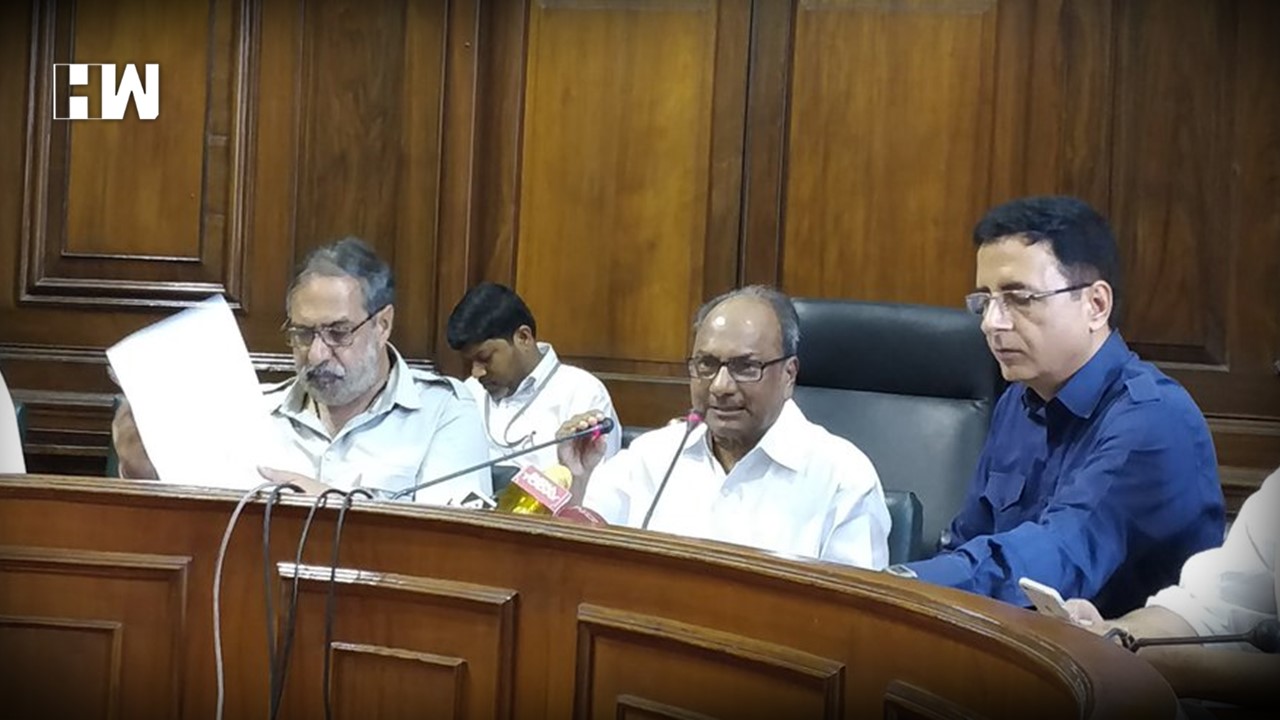
- Select a language for the TTS:
- UK English Female
- UK English Male
- US English Female
- US English Male
- Australian Female
- Australian Male
- Language selected: (auto detect) - EN
Play all audios:
Universal Credit recipients have found themselves mired in debt, with some claimants stating they will be "repaying it" for the remainder of their lives. Naci Natji, a 62 year old
from Hastings, East Sussex and a Universal Credit beneficiary, is grappling with a £4,000 debt due to mistakes made by the Department for Work and Pensions (DWP). Partially blind Mr Natji
disclosed to The i Paper that, as a result of overpayments, he accumulated approximately £4,100 in debt, which is now deducted from his monthly Universal Credit allowance, reports Birmingham
Live. Fearing eviction if unable to pay his rent, he opened up to the publication about considering suicide because of the turmoil caused by the DWP's blunder. "My living
standards are terrible and my pension has only gone up one per cent," he remarked. "I owe money now for the rest of my life," he lamented. In reaction to the issue raised, a
representative for the DWP provided a statement. The spokesperson said: "We support customers struggling with repayment terms to agree affordable plans and urge all customers to report
a change in circumstances to avoid falling into debt." Abdi Mohamed, leading on policy, campaigns and public affairs at disability charity Scope, criticised the welfare system as being
"unnecessarily complex". Mohamed further pointed out that the dread of incurring overpayment debt is exacerbating confusion, fostering fear and mistrust among disabled individuals
throughout the country. "Life already costs more if you are disabled," he asserted. "The pressure of being in debt because of avoidable overpayments only adds to the financial
anxiety that many disabled people already face. The DWP has a duty to get things right for disabled people and make sure they receive the correct payments at the correct time."
Speaking on behalf of the department, the DWP spokesperson added, "To further protect people, we have additional safeguards in place before any recovery action takes place,".







